Mekelle፡Telaviv, Nairobi, Pretoria, London, (Tigray Herald).
Famine Grips Qolla Temben: 22 Dead in Yaqir Kebele as Tigray Interim Government Faces Pressure to Declare State of Emergency
By Staff Writer
A humanitarian catastrophe is unfolding in Qolla Temben, western Tigray, where 22 people have died in recent weeks in Yaqir Kebele alone, and nearly 30,000 livestock have perished due to a brutal and unrelenting drought.
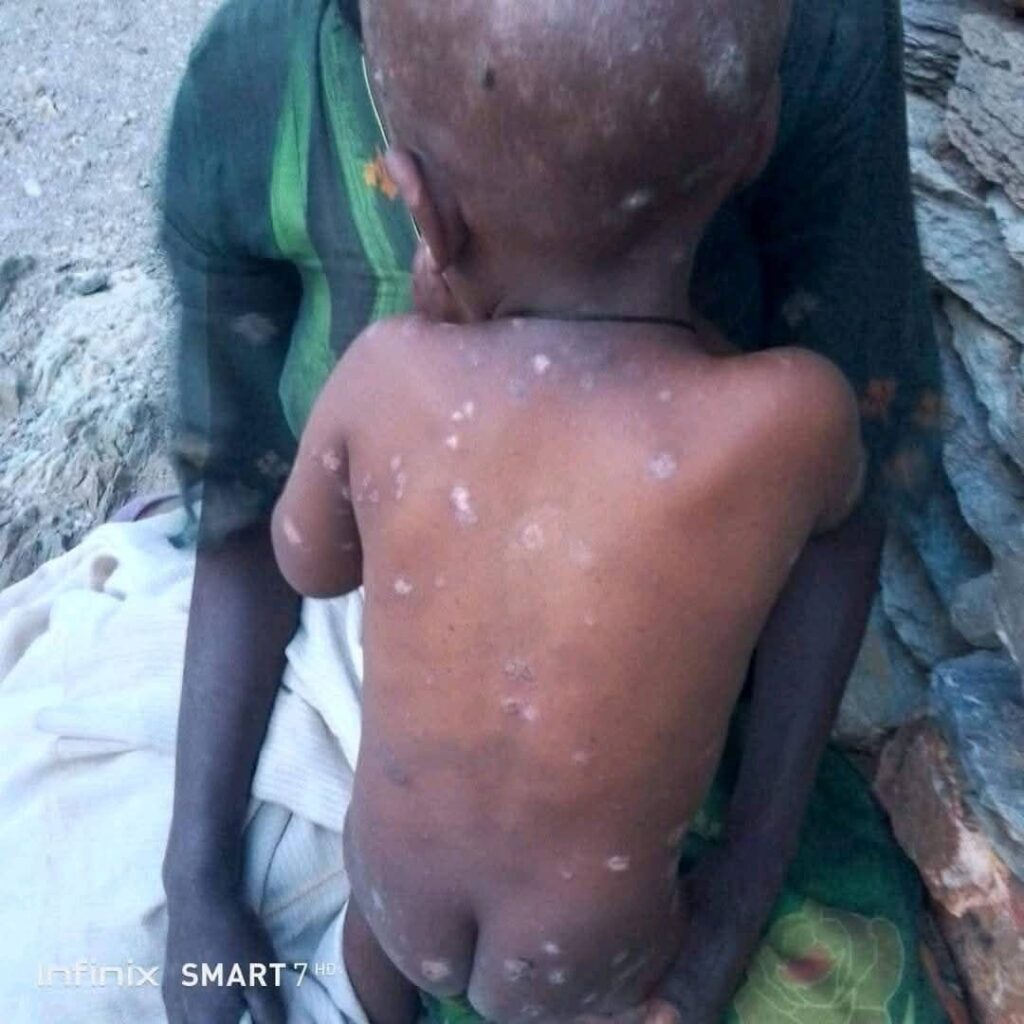
With crop failures, water shortages, and mass livestock deaths, communities across the drought-hit region are sinking deeper into hunger and despair. Residents, local officials, and humanitarian voices are now calling on the Tigray Interim Government to immediately declare a regional state of emergency to mobilize a lifesaving response before the crisis spirals further out of control.
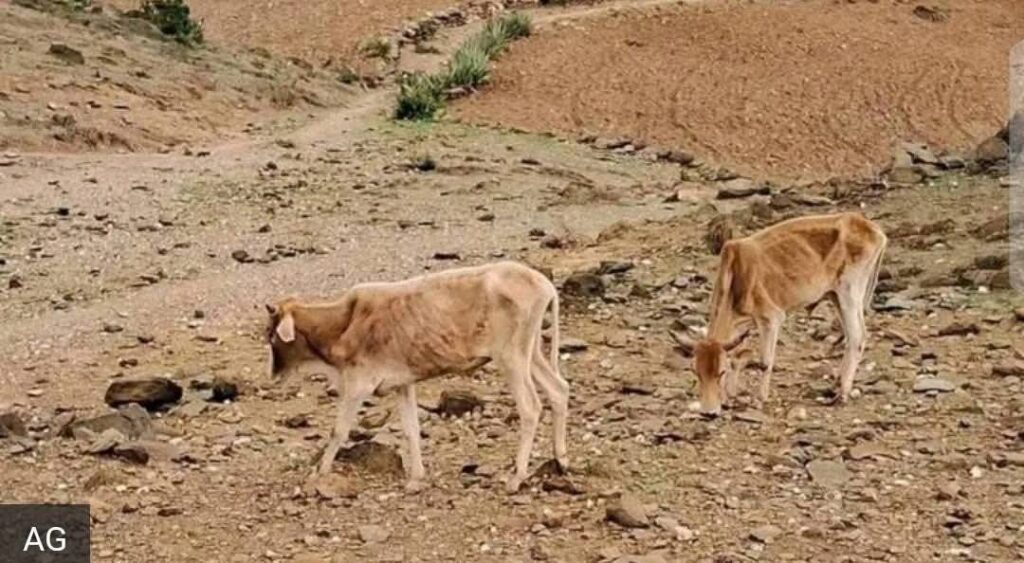
“This is a famine in all but name,” said a grieving father from Yaqir. “We buried 22 people, and our children are skeletal. We cry not just from hunger, but from abandonment.”
The rains have failed for successive seasons, triggering a total collapse in local food production. Livestock the backbone of the rural economy have died en masse, leaving families without food, income, or any means of survival. Residents say the government’s response has been dangerously inadequate.
Growing Calls for Urgent Action
A mounting chorus of voices is demanding action. Community leaders argue that an official state of emergency is not just symbolic it is essential to unlocking local and international resources, coordinating relief efforts, and galvanizing the Tigrayan diaspora to support a coordinated humanitarian mission.
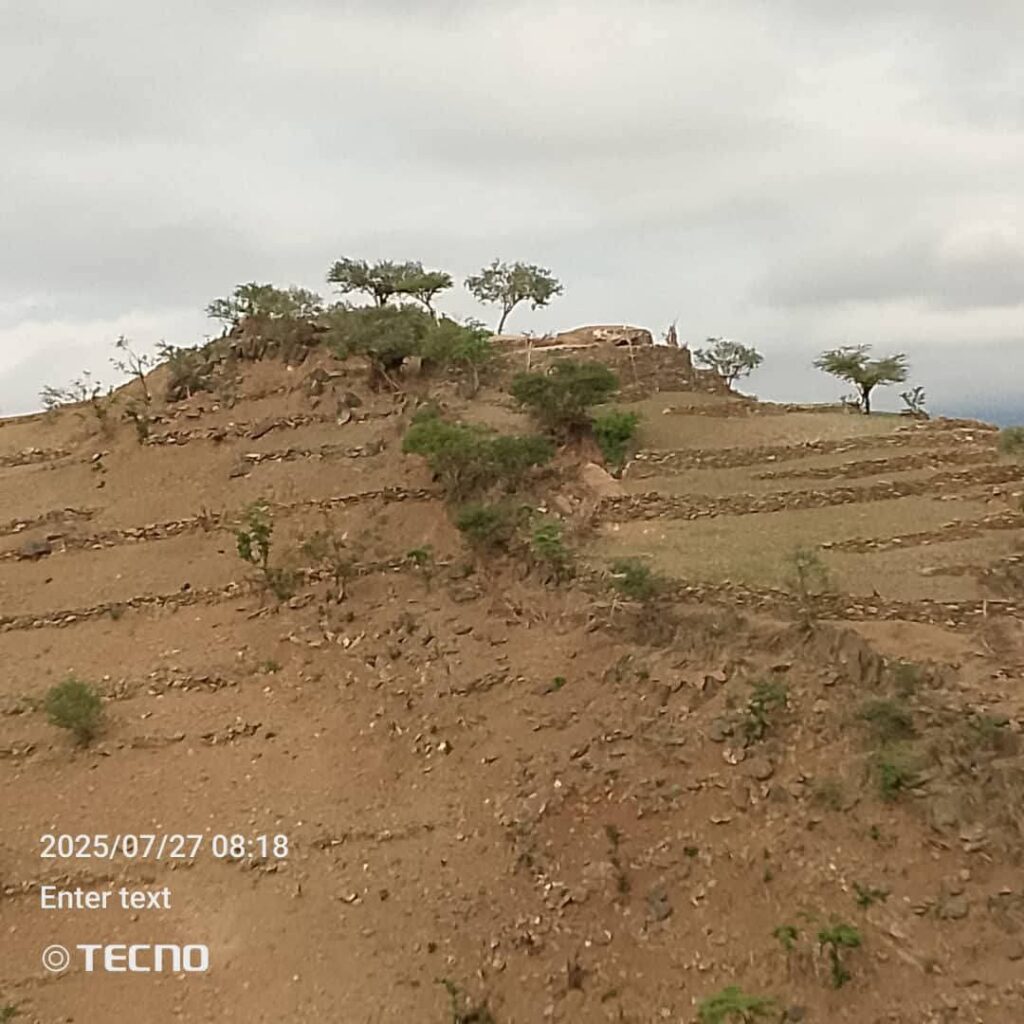
“The interim government must stop dithering,” said one local administrator. “This is a national tragedy, and it needs a national response. If they cannot act now, when will they?”
The Horn of Africa Geopolitical Review, alongside the Tigray Herald Editorial Board and Tigray Media Watch, has issued a joint emergency appeal, accusing the Tigray Interim President, General Tadesse Worede, of “criminal negligence” and failing to protect communities who once gave everything to the Tigrayan resistance.
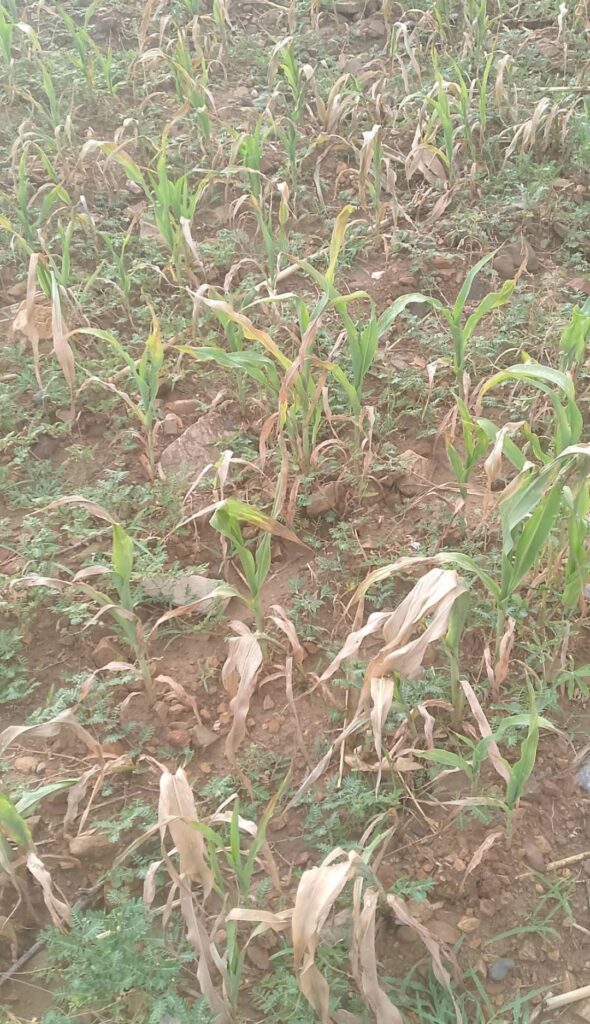
The document, titled “Forgotten Flames of Kola Tembien-Yaqer”, paints a haunting picture of betrayal and abandonment.
“Yaqer fed the wounded and buried the dead,” it reads. “Today, it is starving not just for food, but for justice.”
A Preventable Tragedy?
Humanitarian organizations are warning that without immediate intervention, thousands more could die. They are calling for unrestricted access to deliver emergency food aid, clean water, and essential medical services.
“This crisis is still reversible,” said an aid coordinator based in Mekelle. “But only if the Tigray Interim Government stops hiding behind bureaucracy and starts acting like lives are on the line because they are.”
The current situation also raises uncomfortable questions for the international community, particularly donors and humanitarian actors, many of whom had shifted their focus away from Tigray following the cessation of active conflict in 2022.
Observers say Qolla Temben is fast becoming the epicenter of a man-made famine one not born of war, but of policy failure, inaction, and moral abandonment.
A Test for the Future
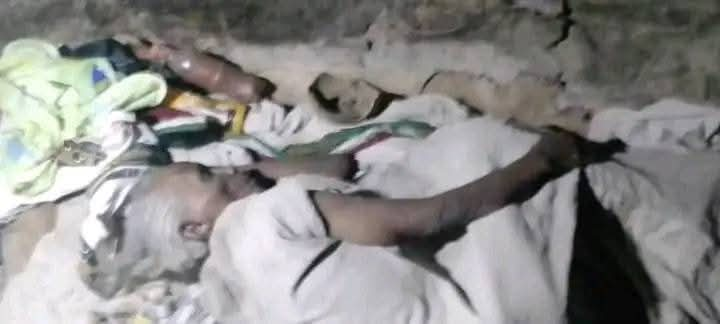
For many in Tigray, the unfolding famine is more than a humanitarian emergency. It is a defining test of governance, leadership, and solidarity in a post-war society still struggling to rebuild.
Unless bold action is taken now, Qolla Temben may go down in history not just as a place of suffering but as the place where a government forgot its own people.



